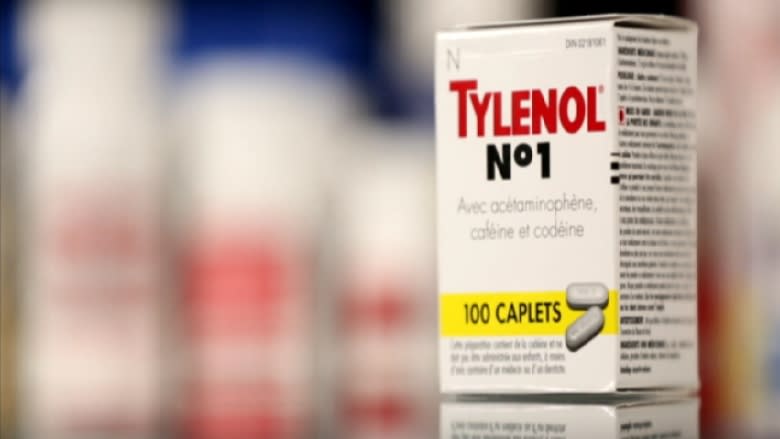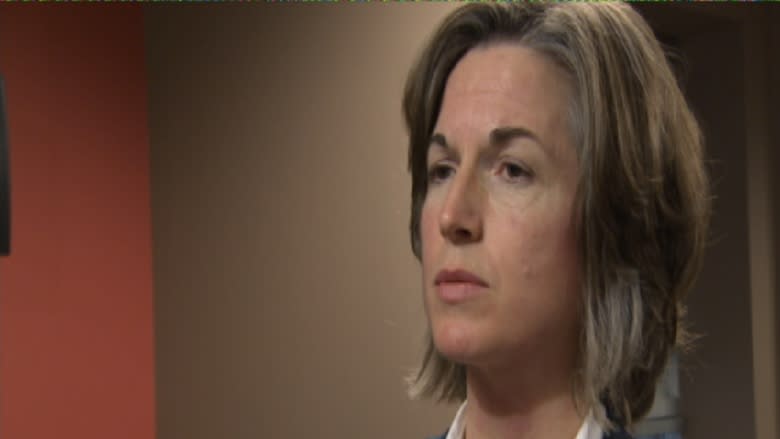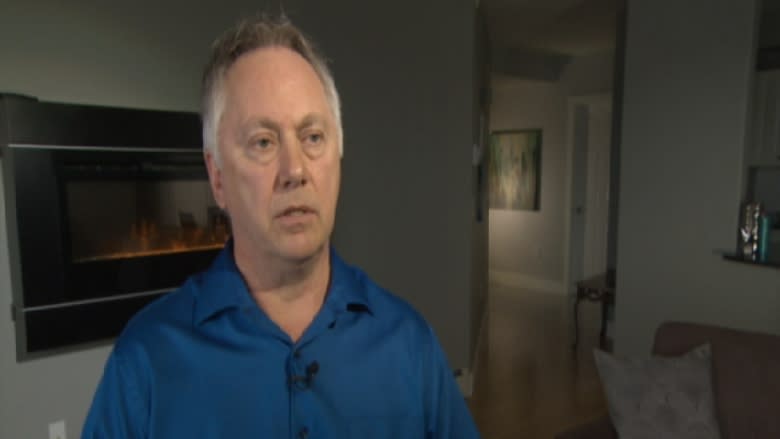Pharmacy errors in Halifax ‘disconcerting’
The Nova Scotia College of Pharmacists says it’s looking into why some pharmacies in Halifax failed to flag a potentially serious drug interaction during a CBC News-Marketplace investigation.
In a months-long investigation that's the largest of its kind in Canada, Marketplace took hidden cameras into 50 pharmacies in nine cities, including Halifax, to test if pharmacists are dispensing the proper advice to patients asking for behind-the-counter drugs.
CBC visited five pharmacies in Halifax and asked for Tylenol No. 1, testing to see if pharmacy staff ask patients key questions, laid out in regulations set by the Nova Scotia College of Pharmacists.
Tylenol No. 1 contains codeine, an addictive narcotic that can interact with other medications, increasing the effect of the drug on the system.
During the test, two of the pharmacies handed over the drugs without counselling and none flagged a potentially serious drug interaction.
Schedule 2 drugs, like Tylenol No. 1, do not require a prescription but are kept behind the counter.
If asked what other medications they were taking, the testers would answer that they were taking the anxiety medication Xanax.
Taking Xanax can increase codeine's potency and increase side effects like dizziness and drowsiness.
“That's certainly disconcerting… That's not acceptable,” said Bev Zwicker, deputy registrar with the Nova Scotia College of Pharmacists.
Follow Marketplace’s continuing coverage of this investigation all week on CBCNews.ca The Marketplace investigation, Dispensing Danger, airs Friday, Jan. 23 at 8 p.m. (8:30 p.m. NT) on CBC-TV and online.
“We'll be looking at this, we'll take this back to our council, we'll have discussions about what we'll do as a regulator to make sure that steps are taken so this practice is addressed and that all pharmacies are reminded of the expectations about what the standard of practice is when you're providing a Schedule 2 medication.”
Pharmacists in Canada are regulated by provincial colleges that establish standards of practice. Every jurisdiction requires that pharmacists counsel people who buy Schedule 2 drugs to ensure they are using them appropriately.
Little counsel
For Zwicker, there’s no excuse for not talking to patients about risks.
“Being too busy isn't a reason for not following any of the standards. We have standards and ethics that would say pharmacists don't practice in environments where they're not able to meet the standards of practice,” she said.
The results in Halifax fall in line with what Marketplace found in the other cities: Vancouver, Edmonton, Regina, Winnipeg, Toronto, Ottawa, Gatineau, Que. and Montreal.
Chain pharmacies, grocery stores, big box stores and independent pharmacies were included in the test.
Of the 50 pharmacy visits, only 23 provided any kind of counselling. More than half, 27 of the 50 stores tested, handed over the drugs with no counselling. Even more surprising, none, 0 out of 50, caught potentially dangerous drug interactions.
‘Last line of defence’
It doesn’t come as a surprise to Vince Garnier.
He says in October, a pharmacist at the Walmart in North Sydney failed to alert his mother to an interaction between different medications she was prescribed.
"Lightheadedness, dizziness, confusion, headaches to the point that she almost fainted in the house,” Garnier said.
She ended up in the hospital with serious complications, and hasn’t fully recovered.
“I look at the pharmacist as the last line of defence. It's their job to check the interactions. The pharmacist didn't do that. Whether or not the doctor should have done that, that's for someone else to say. My concern is that the pharmacy failed in my mother's case on two occasions, and this is where the system needs to be fixed,” Garnier said.
Walmart says they don't believe it's the result of any error by their pharmacist.
The Nova Scotia College of Pharmacists is investigating.
Anytime you hear about an incident like that it's very upsetting. They are the very reason that we have safety nets so that pharmacists can look at the error and say, what do we need to do to make sure that doesn't happen again?” said Zwicker.
Nova Scotia is the only province in Canada that has mandatory and independent system to track pharmacy errors. Here, pharmacy staff can anonymously report both intercepted mistakes and errors that make it to the patient.
Zwicker says over the past three years they’ve recorded 75,000 errors or near misses.
Have you experienced a pharmacy error? Marketplace wants to hear from you. Email marketplace@cbc.ca.





